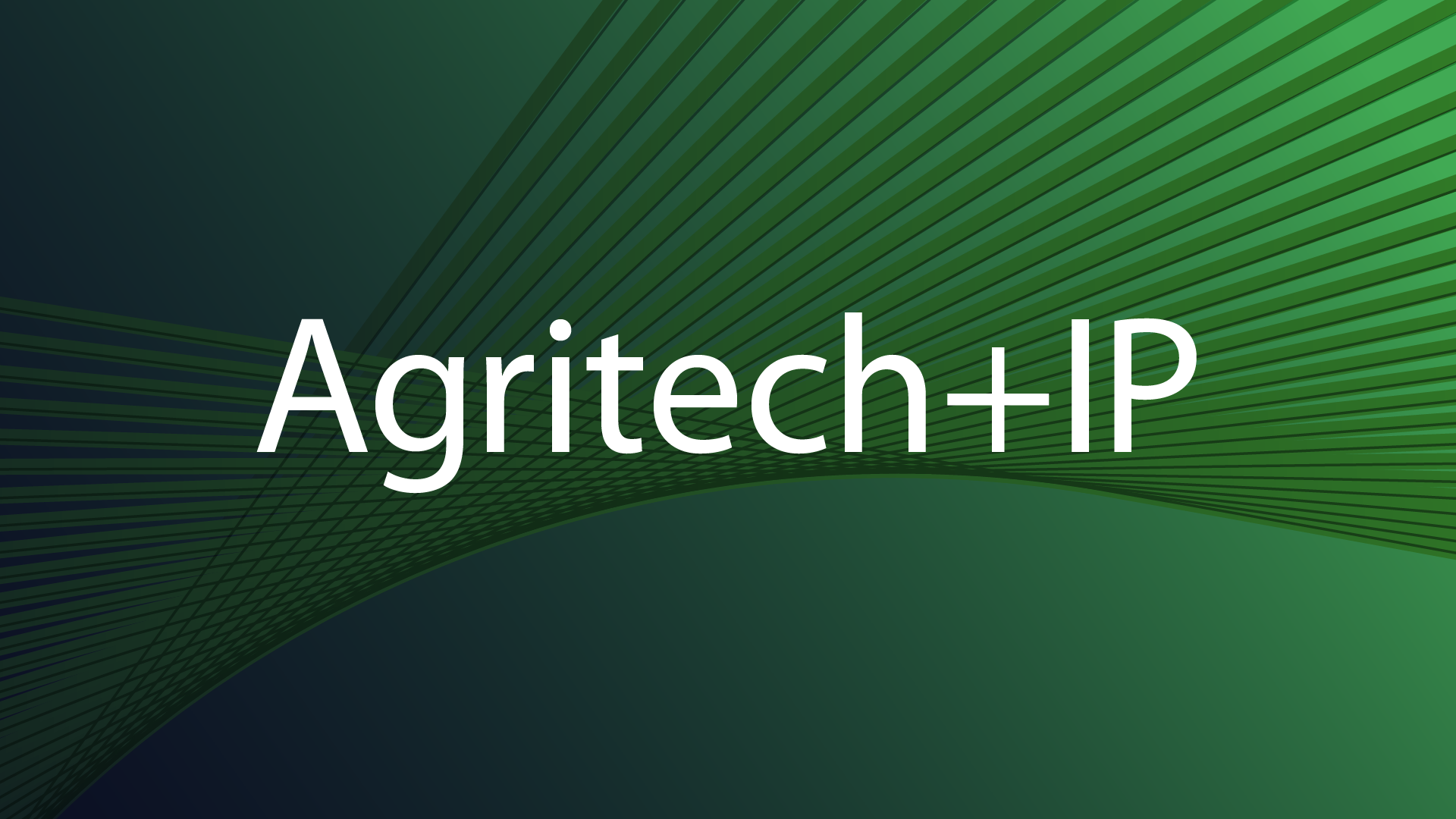Neuigkeiten
Protecting Digital Health innovation in the AI revolution
November 2025
As artificial intelligence (AI) continues to transform healthcare, from diagnostic imaging and drug discovery to wearable devices and clinical decision support, questions around how to protect these advancements have become increasingly complex.
Identifying intellectual property (IP) in AI innovations, determining ownership, and deciding on the best methods of protection are just some of the challenges facing developers. In a fast-moving field where innovation often outpaces regulation, robust IP protection is not just a legal safeguard, but also a foundation for growth and investment.
Is AI patentable?
Patents remain one of the most widely used forms of protection for MedTech inventions. They allow the owner to prevent others from using the invention, providing a clear commercial advantage. With a maximum lifetime of 20 years and a clear route to enforceability, patents are a highly sought-after IP tool.
However, patenting AI inventions poses unique challenges. The European Patent Office considers AI algorithms per se, similar to other software algorithms, to be essentially mathematical methods, which are excluded from patent protection. To be eligible for patent protection, you must demonstrate that the AI or software innovation has a genuine technical contribution. This typically involves rooting the innovation in the real world by taking in medical sensor data or medical images as input, and providing some clinical indication as output, for example. Or, technical character can be demonstrated by providing an improved computer, such as the AI tool improving image processing, or gaining data analysis efficiency. Simply applying AI to business or administrative processes will not qualify for patent protection.
In many cases, this “technicality” requirement is not a trivial hurdle to overcome. Many AI implementations may well not have a technical effect under patent law, despite being highly profitable.
Beyond Patents: Trade Secrets and Copyright
While patents remain a gold standard for protecting AI based digital health technologies, they are not the only option. Copyright can protect software code and documentation as a written document, but does not cover the functional aspects of AI models which are better protected by patenting if possible. Copyright protection also varies by jurisdiction, with some countries failing to recognise copyright in AI-generated outputs.
Trade secrets offer another avenue for protection. Trade secrets allow companies to seek legal remedies if the trade secret information is used or published without consent. For example, a company may wish to deter or recoup losses from an ex-employee moving to a competitor with company secrets in tow. For a trade secret to qualify as such, it must be kept secret, be valuable to the business, and clear steps must be taken to retain it as a secret in the business.
Unlike patents, trade secrets can last indefinitely and do not require disclosure, making them a great choice for inventions that remain commercially relevant for many years. They are particularly useful for protecting things like algorithms, training data, or model parameters that may not be patentable and are difficult to reverse engineer.
However, trade secrets have limitations. They offer no protection if the invention is independently developed or reverse engineered, and once the information becomes public, there is no legal recourse to stop its use.
Choosing between these different IP tools often depends on business strategy. Companies seeking to license or commercialise AI solutions may benefit from the strong protection and established routes of enforceability of patents, while those relying on proprietary data, carefully curated training data, or finely tuned AI models may prefer the discretion of trade secrets. In many cases a hybrid approach can offer the best balance, where patents are used for core functional inventions while trade secrets protect supporting data and practices.
Takeaway
The convergence of AI and healthcare is driving some of the most exciting innovation of our time, but protecting these developments can present complex IP challenges. Success hinges on recognising key IP and engaging IP specialists early to ensure the right protections are put in place. Engaging with an IP adviser early on can be valuable, to help shape your IP protection strategy early on, providing a clear plan for the business from the outset.
To explore more insights on protecting innovation in MedTech and digital health, view our MedTech brochure here.
This article was prepared by Patent Attorney Amy Kelly.































